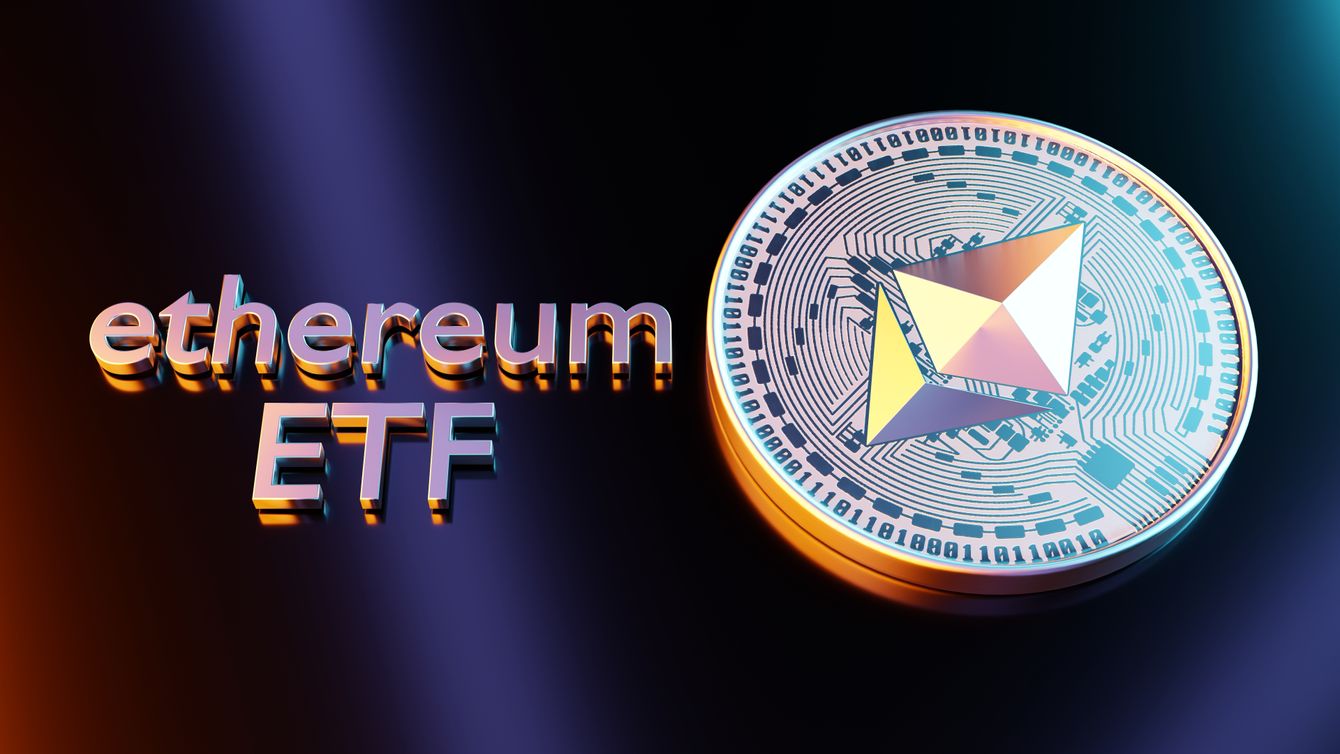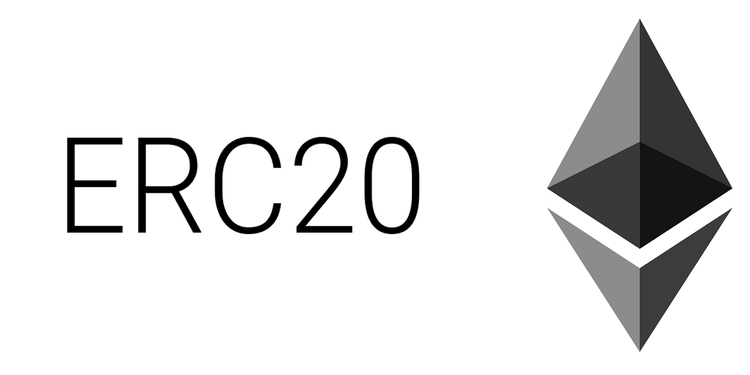Crypto Community Gears Up for SEC Approval of Ethereum Spot ETFs

One of the biggest drivers of crypto volatility has recently been the flurry of speculations and updates on Ethereum spot ETFs. Ether's spot ETFs are under review, with SEC Chairman Gary Gensler saying that he's "confident in the approval process" but with no specific timeline for its approval. Many experts and analysts are now weighing the impact of the potential approval on the ETH price.
After approving the Bitcoin spot ETFs on January 10th, it's only a matter of time before a major altcoin gets the same treatment. Ethereum is next in line in the United States, the second most important blockchain. Ether's market cap sits at the $400 billion level, next to Bitcoin.
When applications for Bitcoin spot ETFs were filed, Ether was expected to move next. The prediction has materialized, and the US Securities and Exchange Commission (SEC) has approved Nasdaq, CBOE, and NYSE applications to list exchange-traded funds (ETFs) tied to Ether's price. Nine issuers, including VanEck, Ark Investments/21 Shares, and Blackrock, have filed their applications.
Market participants and observers expected a negative response from the SEC, owing to its earlier policy statements against cryptocurrency in general. But in a surprise move last May, the SEC asked the exchanges to immediately fine-tune the filings, sending many in the industry scrambling to complete weeks' worth of work in just days to comply with the SEC's requirements. Today, the industry eagerly awaits the Ether spot ETFs' confirmation and SEC approval.
Ether spot ETFs application 'going smoothly'
The crypto industry is now playing the waiting game and speculations on when the SEC will drop its decision. Of course, many individuals who cannot wait for the decision are always looking for updates and answers. For a moment, the industry has an answer, based on the statement made by SEC Chair Gary Gensler at the Bloomberg Investment Summit.
While Gensler cannot comment on the timing, he expressed confidence in the approval process and that everything is "going smoothly". “It’s really about the asset managers making full disclosure so those registration statements can go effective,” Mr. Gensler added. Many are expecting that the final approval of the much-awaited ETFs for Ether will happen this summer.
What does it mean for Ethereum and the crypto industry?
Like Bitcoin ETFs, a potential approval of the Ether ETFs is a major milestone that can legitimize Ethereum as an asset class. Once approved, many say these products can attract substantial inflows from institutions and retail investors. We have seen this with Bitcoin ETFs, where many establishment institutions have participated and attracted interest from retail traders. The excitement over the Bitcoin ETFs during the year's first quarter has pushed the Bitcoin price to an all-time high, hitting over $70k. Now, many are saying that it can also happen to Ether. As to how much experts and observers have different opinions.
According to Bitwise Chief Investment Officer Matt Hougan, the Ether spot ETFs can attract as much as $35 billion in total inflows within 18 months, translating to around $15 billion in net flows. Industry analyst Patrick Scott also expects the same directional movement as the spot BTC ETFs have performed after approval but doesn't expect Ether's price to double. However, for asset management firm VanEck, the approval of the spot ETFs can push Ether's price to $22,000 by 2030.
Some analysts and observers have a negative sentiment on Ether. Andrew Kang, the founder and partner of Mechanism Capital, says that Ether's price could fall to $2,400. He added that Ethereum resembles an overpriced tech stock and suggested that removing staking from the proposed ETFs might deter investors from converting their cryptos into ETFs.
More than the expected price volatility, the potential approval of the spot Ether ETFs shall become another significant milestone for the industry. This will signal a shift towards greater regulatory acceptance and recognition of this new asset class. Specifically, this signals the growing importance of Ethereum and Ether and its utility in the financial ecosystem.
For individuals, these ETFs offer new opportunities for investing and trading. If you're a beginner and don't have a sizable budget or the risk appetite to face the volatility, then investing in spot Ether ETFs is a recommended option.
What is an Ethereum spot ETFs?

An Ethereum exchange-traded fund or ETF is a type of financial instrument that offers traders and investors exposure to ETH, the native asset of the Ethereum blockchain. By buying into an ETF, an investor can benefit (or lose) based on Ether's price action without actually buying or holding Ether. Crypto ETFs, like Bitcoin and Ether, are best for investors and traders who want exposure to the crypto market while avoiding the volatility and technical challenges inherent in these assets.
There are significant differences between Ether and spot Ether ETFs. Here are some of the crucial differences between the two:
- Ownership: In a spot ETF, you will not directly buy and hold Ether. Instead, you'll buy a share of the fund, thus avoiding the volatility of the asset's price action. Also, with a spot ETF, you don't need much money to buy some shares and start with spot ETF trading.
- Fees. Buying into a spot ETF will charge a management fee like other investment funds. The management fee depends on the fund managers and companies running these assets, so you'll also need to check and compare the costs. Among the applicants that will offer spot Ether ETFs, only VanEck and Franklin Templeton have publicly revealed their intended fees, at 0.20% and 0.19%, respectively. In contrast, an Ether trader and holder only pays the 'gas fee' to cover the transaction on the Ethereum network.
- Trading. Spot Ether ETFs have trading day restrictions. While you can buy and sell in traditional crypto trading anytime, you can only do so in the ETF market during trading hours, from Monday to Friday.
So, when can we expect the SEC to reach its decision?
There is plenty of speculation online about the approval timeline. According to one Bloomberg analyst, one probable scenario is to let the S-1s go effective before the July 4th holiday. The S-1 refers to the registration statements of the applicants. Since the last round of S-1 revisions "were so light," the SEC can contact applicants at any point with a potential date for these ETF funds.
Back to Bloomberg's analyst's take, he noted that VanEck's 8-A for spot Bitcoin ETF in January came seven days before actual approval, a signal that the prediction may come true. However, some sources knowledgeable about filings say approval before July 4th is unlikely.




